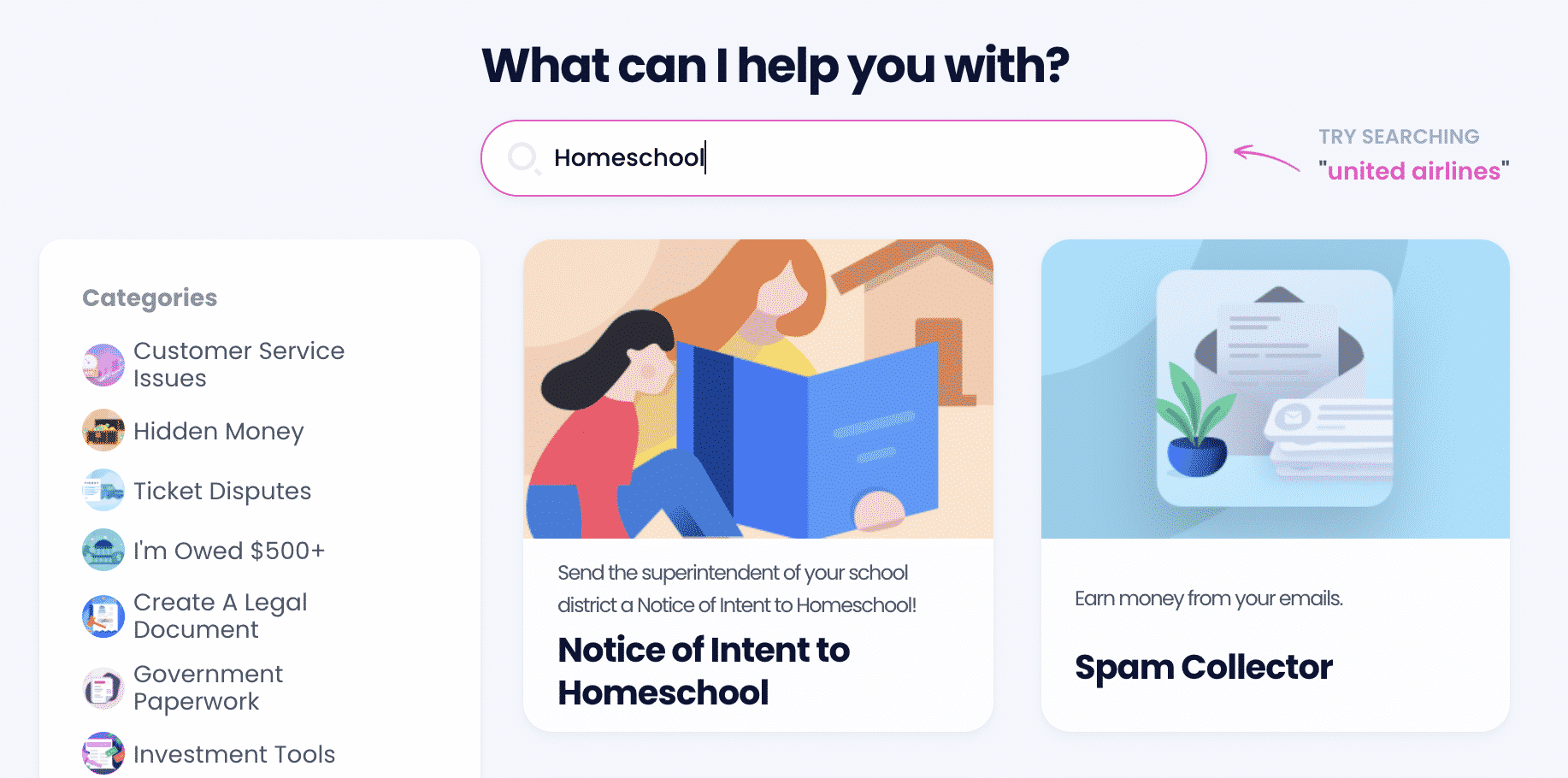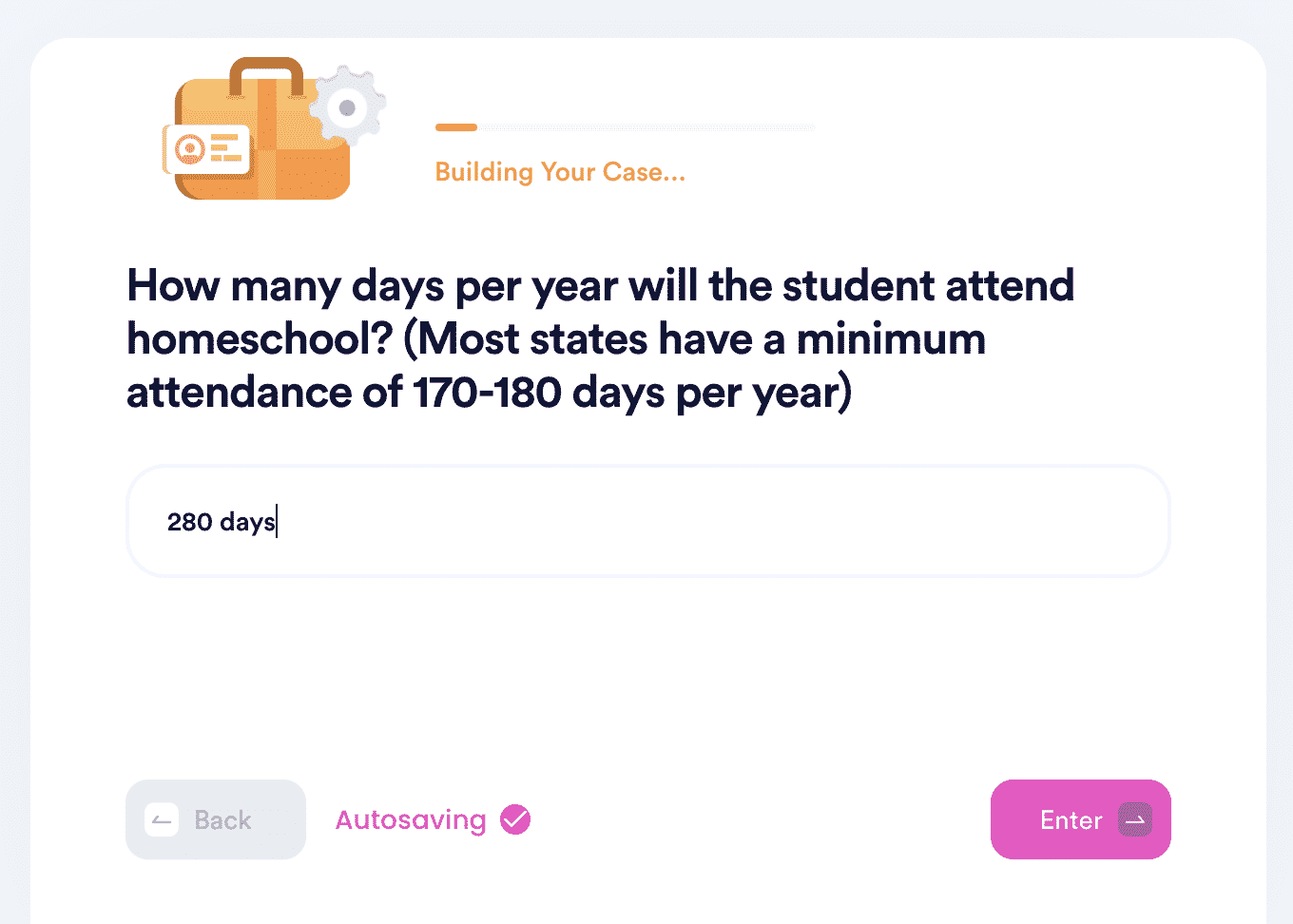Critics of Homeschooling Suggest That Homeschooled Children Are Denied Proper Education—Is It True?
The debate around home education has been unfolding for a while now. Critics of homeschooling suggest that homeschooled children are in many ways worse off than their public school peers. Take a look at of some of the shortcomings of homeschooling and decide for yourself.
Critics of Homeschooling Suggest That Homeschooled Children Can’t Thrive in That Environment
The biggest criticism of homeschooling is that it ultimately provides a lackluster education when compared to traditional schools. Opponents of the practice like to point out the following:
- Since parents are in charge of the curriculum, the teaching could be poorly executed
- Gifted and talented students can outgrow the learning materials quicker than the parents can adjust
- Religious families tend to ignore secular subjects and focus solely on faith education (such as Bible studies), which can be interpreted as indoctrination
- Children with learning difficulties might struggle without professional supervision
- It’s difficult to evaluate homeschooled students since they don’t always have to participate in standardized testing
- Homeschooled kids have a limited choice of extracurricular activities
While these are valid concerns, it’s also important to remember that:
- Homeschool laws can shape the curriculum by providing a list of mandatory subjects and homeschool hours per year
- Families can hire homeschool teachers to evaluate their child’s progress
- Some states require parents to get certified before starting homeschooling
- Homeschool organizations offer a wide range of specialized programs (e.g., a computer-based curriculum, curriculum for kinesthetic learners, etc.)
Is Getting Into College More Difficult for Homeschooled Students?
After completing a high school homeschool program, homeschooled kids can enroll in a public school college. The chances of getting into a good school depend on the institution’s admission policies.
If the parents followed through with the curriculum and graduation requirements, there shouldn’t be an issue, despite what some critics say.
Homeschooled children also have multiple graduation options. Take a look at the table below for more detail:
| Homeschool Graduation Option | Description |
|---|---|
| Homeschool diploma | A homeschool diploma is:
If your child attended a private school “umbrella” program or online classes, the supervisor will distribute the document |
| GED or HiSET test | Homeschooled students have the opportunity to obtain a high school equivalency diploma by taking a GED or HiSET test |
| Certificate from an accredited homeschool program | Some post-secondary institutions have strict AP credit policies that don’t acknowledge standard homeschool diplomas.
If your child completes an accredited homeschool curriculum, they won’t have trouble getting into college |
Homeschooled Kids Are Deprived of Social Interactions—True or False?
Critics of homeschooling suggest that homeschooled children lack the social mobility their public school peers enjoy. Unless a third party guides the home education, the student’s interaction is mostly limited to other family members.
While socializing during homeschooling can be challenging, it’s not impossible to form meaningful connections. Joining a homeschool co-op is one of the many ways homeschooling families can interact with each other through:
- Study groups
- Playdates
- Field trips
- Conferences and seminars
- Homeschool prom
After All the Criticism—How Do You Decide if Homeschooling Is Right for You?
The most important question you can ask yourself is whether homeschooling is the right path for your family. Listening to criticism can provide insight into the practice, but your current circumstances are the most relevant factor. If you’re thinking about homeschooling your kids, consider the following:
- Do you have the budget for homeschooling? Not many states provide financial assistance to homeschooling families. Try to predict the cost of your preferred homeschool program (learning materials, school activities, etc.) and decide if you can afford it
- Can you meet the homeschool requirements of your state? If you want to ensure your child’s academic future, you’ll have to abide by the homeschool regulations of your state. Depending on where you live, homeschooling might be a breeze or incredibly difficult, so think hard before taking your child out of school
- What is the homeschool enrollment procedure in your state? Research when and how you can start homeschooling (e.g., before or after the beginning of the school year)
- Are you capable of single-handedly educating your child? If you’re a single parent without a support network, home education might be too challenging
Fed Up With Criticism? Start Homeschooling Today With DoNotPay

If you’ve made up your mind to homeschool, it’s time to take the first step toward it. Wherever you may reside, you’ll most likely have to file an official declaration of intent to homeschool with your school district to get started.
Relying on DoNotPay is the quickest and easiest way to generate a homeschool affidavit. Our Notice of Intent to Homeschool product is incredibly streamlined, so rest assured your letter of intent will be flawless.
Here’s how to activate the feature:
- using your preferred browser
- Access the Notice of Intent to Homeschool product
- Submit information about your school district
- Answer a few questions about yourself and the future homeschooled student

The notice of intent should also be attested by a notary public. If you don’t feel like making an appointment, DoNotPay has a solution. Try our Notarize Any Document product and get the homeschool affidavit notarized online.
Don’t Stop There—Check Out DoNotPay’s Product Range
DoNotPay has many tricks up its sleeve—no matter the admin or issue at hand, our AI-enabled app can power through it in a split second. Look into our product range to find out how you can:
- Protect your original work from copyright infringement
- Compose a bulletproof financial aid appeal letter
- Get your college application fees waived
- Send Demand Letters To any company in small claims court
- Get in touch with a loved one in prison
- Look up sex offenders in your area
- Practice for any government test
- Fight workplace discrimination
- Draw up any document
- Mail anything hassle-free
What Else Do You Need? DoNotPay Will Provide!
If you want to cancel a subscription before your free trial expires so that you don’t get charged, you can count on our virtual credit card to do it in your stead! We can also make sure that you get what’s rightfully yours—be it a refund, insurance, warranty, unclaimed money, flight refund, raffle ticket, or gift card cash back.
You no longer have to go through or administrative hurdles on your own—as soon as you sign up for DoNotPay, you’ll get access to our app’s assistance and will be able to use it to fight injustice.
 By
By